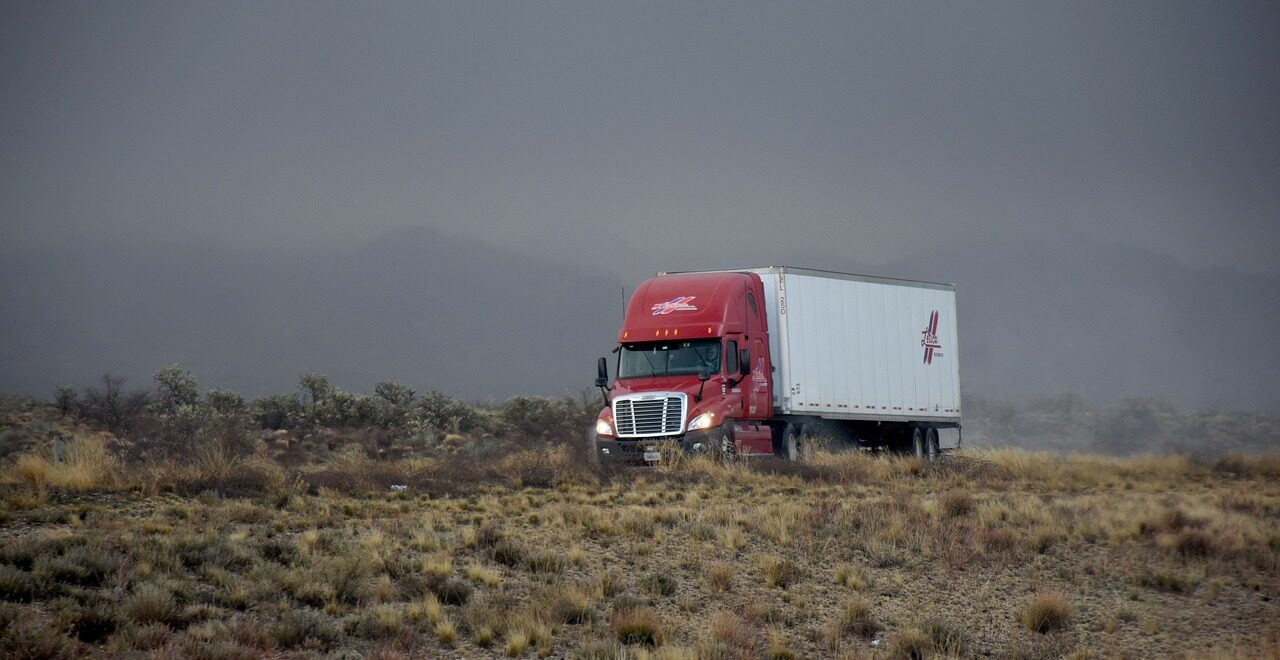Truck driving can be a good opportunity for people who have been incarcerated to get back into work, feel like they are contributing to society, and earn a livable wage.
Commercial driving offers individuals with a criminal record an opportunity to demonstrate their trustworthiness and skills, while also allowing them to earn a decent income.
In the past, trucking companies might have been unsure about hiring people with a criminal record, but because there are not enough truck drivers across the country, they are now considering these applicants.
The American Trucking Associations found that 92% of drivers at big trucking companies left their jobs in the last three months of 2020.
They also think that by the year 2024, there might not be enough drivers, with a possible shortage of 174,000.
Currently, there are over 70 million Americans who have a criminal record.
Additionally, around 600,000 individuals are freed from state and federal prison every year.
Because there is a high demand for truck drivers, some trucking companies are hiring people with criminal records.
To become a truck driver, you need to get a special driver’s license called a commercial driver’s license (CDL).
Lots of people who have been found guilty of a serious crime can get their CDL.
However, if you have committed certain serious crimes, you will not be allowed to obtain your professional license.
Usually, if you commit serious crimes while driving or do something dangerous on the road, you will not be allowed to get a CDL.
Different states have different rules, so it is crucial to look into the guidelines of your state regarding CDL eligibility.
The following driving-related offenses automatically prohibit you from receiving a CDL:
- Driving any vehicle with a blood alcohol content (BAC) at or above 0.08%
- A felony involving the use of a commercial motor vehicle
- Vehicular manslaughter in the first or second degree
- Causing a fatal accident through dangerous or negligent driving
- If you already have your CDL, you’ll be disqualified from driving a commercial vehicle for:
- Driving a commercial motor vehicle under the influence of Schedule I drugs, amphetamines, or narcotic drugs
- Transportation, possession, or unlawful use of Schedule I drugs, amphetamines, or narcotic drugs while operating a commercial motor vehicle
- Leaving the scene of an accident while operating a commercial motor vehicle
- Using a commercial vehicle to commit a crime
Felonies unrelated to driving that can also disqualify you from receiving a CDL include:
- Treason
- Extortion
- Arson
- Bribery
- Kidnapping
- Drug smuggling
- Human trafficking
- Distributing weapons
- Assault with intent to murder
- Murder
Certain convictions will disqualify you from receiving a CDL for one year or more. These include:
- Driving under the influence of alcohol or a controlled substance
- Leaving the scene of an accident
- Driving a commercial motor vehicle while your permit or license is revoked, suspended, or canceled
- Causing a fatality through the negligent operation of a commercial motor vehicle
If you’re struggling to find gainful employment because of your criminal record, the U.S. Department of Labor’s Federal Bonding Program (FBP) can help.
The program helps companies hire people who have been in trouble with the law by giving them $5,000 for the first six months of their job.
This special offer allows companies to extend their insurance for another six months.
It helps employers by covering situations where employees do something wrong, like stealing, forging documents, stealing money, or taking money from the company.
People who have committed serious crimes in the past can benefit from using this program. activity, you will have the opportunity to experience new things and engage with others.
Trucking Companies That Hire Felons
As employers continue to realize the benefits of hiring formerly incarcerated or convicted individuals, also known as “second chance hiring,” employment opportunities are bound to expand for those with criminal records.
During an online job search, adding “second chance” to your job title can help you identify employers who are open to giving those with experience through the justice system a legitimate employment opportunity.

